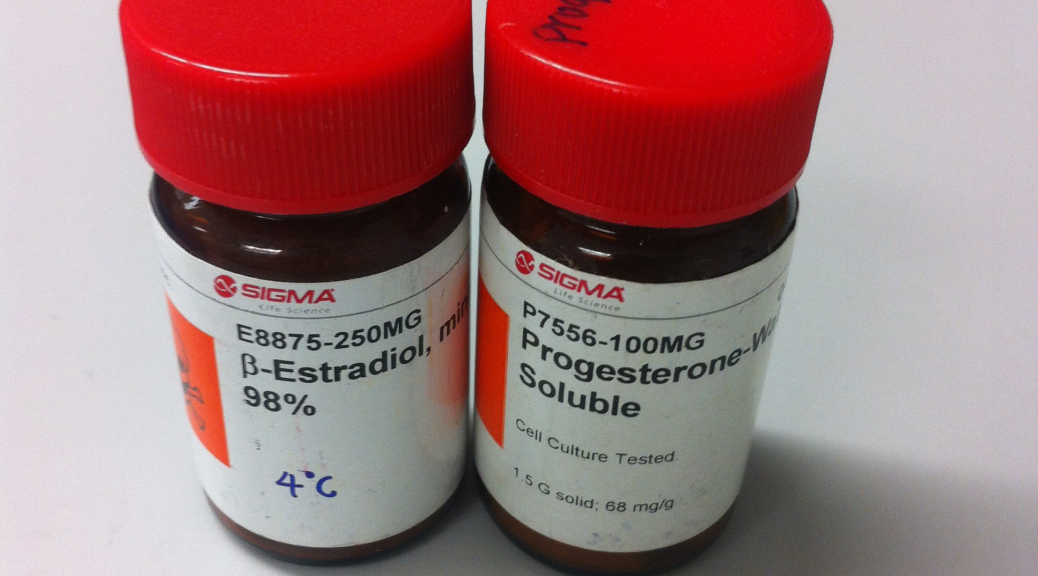Have you ever noticed that men and women are different? if you haven’t.. maybe go google that first (I am not taking responsibility for any disturbing images you might find). If you have, congratulations, you are now with me at the forefront of science.
We are finding out that men and women are different in the way they get sick. The kind of diseases they get, when they get them, even how long they live. What we don’t know, is why.
So, what makes us men and women in the first place?
Basically, our sex hormones.
So what do sex hormones do to the brain? We don’t know. And that’s what I want to find out.
 Our group works on tryptophan metabolism. Tryptophan is an essential building block for our body’s molecules. We can’t produce it, we have to get it from our food.
Our group works on tryptophan metabolism. Tryptophan is an essential building block for our body’s molecules. We can’t produce it, we have to get it from our food.
(thankfully, this is delicious, we get tryptophan from cheese, eggs even asparagus!).
 Tryptophan can be used in lots of ways, it can be a building block for serotonin, which influences your mood, or melatonin, which influences sleep, it can be a source of energy for the immune system.. Or it can be turned into kynurenine and further metabolized in the kynurenine pathway.
Tryptophan can be used in lots of ways, it can be a building block for serotonin, which influences your mood, or melatonin, which influences sleep, it can be a source of energy for the immune system.. Or it can be turned into kynurenine and further metabolized in the kynurenine pathway.
The products of this pathway have effects on the immune system and on the brain (also, the immune system has a huge effect on the brain). We know that when people get sick, the activity of this pathway changes. We also know that in a lot of the diseases in which the pathway changes, there is a big gender difference. For instance, we know that the kynurenine pathway is changed in patients with Alzheimer’s disease. We also know that more men than women get Alzheimer’s. What we don’t know, is why.
There is quite a bit of evidence that the kynurenine pathway plays are part a lot of diseases. We also know that sex hormones and gender are a factor in these same diseases. What we need to know is how the two are connected.
I want to spend my waking hours finding out.
We need to know what sex hormones do to the kynurenine pathway in our brains. Not only to help develop treatments for when we’re sick, but to better understand what makes us tick.
This is work that needs to happen, but won’t without your support. Friend us on facebook, share our stuff, or donate if you can!
